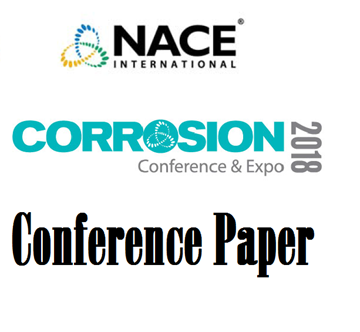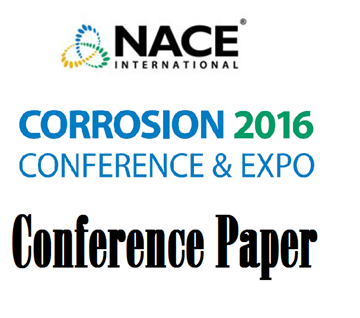Search
51318-10869-Failure Analysis for a Piggable Pipeline Through ICDA Methodology
Also Purchased
51318-11308-Successful Application of Internal Corrosion Direct Assessment (ICDA) to determine the Integrity of of an Indian Offshore SPM Pipeline
Product Number:
51318-11308-SG
Publication Date:
2018
$20.00
51316-7089-MP-ICDA Analysis On Block 12 And Block 15 Gathering Pipelines On Petroamazonas EP
Product Number:
51316-7089-SG
ISBN:
7089 2016 CP
Publication Date:
2016
$20.00
51312-01268-LIQUID PETROLEUM - INTERNAL CORROSION DIRECT ASSESSMENT (LP-ICDA) OF A “PIGGABLE” KUWAITI CRUDE OIL
Product Number:
51312-01268-SG
ISBN:
01268 2012 CP
Publication Date:
2012
$20.00




